Bile Salt Agar (DM299BS) is recommended for isolation and enumeration of food poisoning-bile tolerant enteric bacilli, in compliance with Indian Standard published by BIS. IS:5887 (Part V)-1976.
Product Summary and Explanation
V. cholerae thrives in water ecology, particularly surface water. Cholera infections are most commonly acquired from drinking water in which V. cholerae is found naturally or into which it has been introduced from the feces of an infected person. Vibrio species, like many other gram-negative bacteria, grow in the presence of relatively high levels of bile salts.(1) Bile Salt Agar is formulated as recommended by BIS(2) for isolation, identification and enumeration of Vibrio cholerae. On Bile Salt Agar colonies of Vibrio species have a distinctive appearance which may be seen by growing a known strain of Vibrio cholerae and comparing it with Escherichia coli. (2) Slide agglutination test is carried out using polyvalent cholera typing serum for suspicious growths.
Principles of the Procedure
Bile Salt Agar contains peptic digest of animal tissue, meat extract which provides carbonaceous, nitrogenous compounds and other essential nutrients growth for enteric bacilli. Sodium chloride maintains the osmotic balance of the medium. Sodium taurocholate inhibits most of the gram-negative organisms.
Formula / Liter
| Ingredients | Gms / Liter |
| Peptic digest of animal tissue | : 10.00 |
| Meat extract | : 5.00 |
| Sodium chloride | : 5.00 |
| Sodium taurocholate | : 5.00 |
| Agar | : 15.00 |
| Final pH: 8.5 ± 0.2 at 25°C | |
| Formula may be adjusted and/or supplemented as required to meet performance specifications | |
Precautions
1. For Laboratory Use only.
2. IRRITANT. Irritating to eyes, respiratory system, and skin.
Directions
1. Suspend 40 grams of the medium in one liter of distilled water.
2. Heat if necessary, to dissolve the medium completely.
3. Autoclave at 121°C, 15 psi pressure, for 15 minutes / validated cycle.
4. Mix well and pour into sterile petri plates.
Quality Control Specifications
| Dehydrated Appearance | : Cream to yellow coloured homogeneous free flowing powder |
| Prepared Medium | : Light yellow coloured clear to slightly opalescent gel forms in petri plates |
| Reaction of 4.0% Solution | : pH: 8.5 ± 0.2 at 25oC |
| Gel Strength | : Firm, comparable with 1.5% Agar gel |
Expected Cultural Response: Cultural characteristics observed after an incubation at 35-37°C for 18-24 hours.
| Sr. No. | Organisms | Results to be achieved | |
| Inoculum (CFU) | Growth | ||
| 1. | Enterobacter aerogenes ATCC 13048 | 50-100 | good-luxuriant |
| 2. | Escherichia coli ATCC 25922 | 50-100 | good-luxuriant |
| 3. | Salmonella Typhi ATCC 6539 | 50-100 | good-luxuriant |
| 4. | Staphylococcus aureus ATCC 25923 | 50-100 | good-luxuriant |
| 5. | Vibrio cholerae ATCC 15748 | 50-100 | good-luxuriant |
The organisms listed are the minimum that should be used for quality control testing.
Test Procedure
Refer appropriate references for specific test procedures for isolation and enumeration of enteric bacilli.
Results
Refer appropriate references and test procedures for interpretation of results.
Storage
Store the sealed bottle containing the dehydrated medium at 10 – 30°C. Once opened and recapped, place container in a low humidity environment at the same storage temperature. Protect from moisture and light.
Expiration
Refer to the expiration date stamped on the container. The dehydrated medium should be discarded if not free flowing, or if the appearance has changed from the original color. Expiry applies to medium in its intact container when stored as directed.
Limitations of the Procedure
1. For identification, organisms must be in pure culture. Morphological, biochemical and/or serological tests should be performed for final identification.
2. Consult appropriate texts for detailed information and recommended procedures.

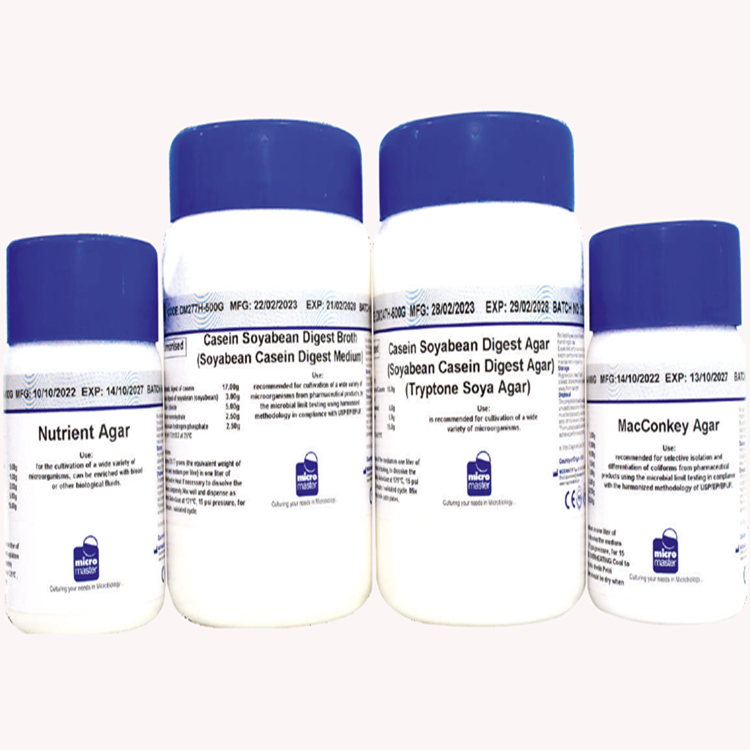




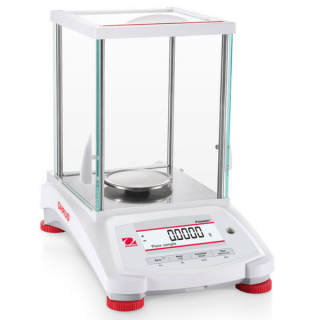
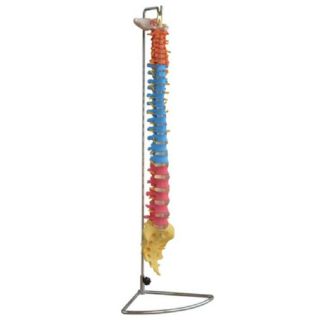
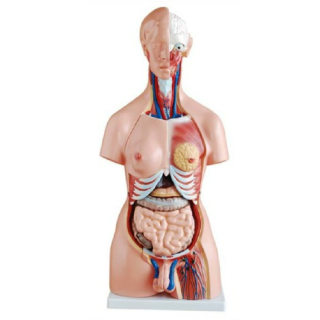
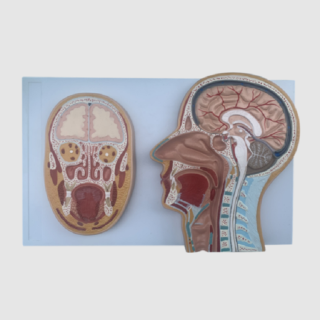
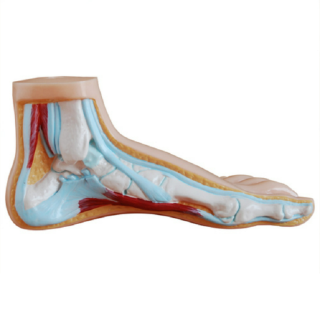
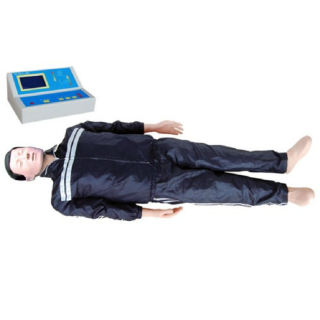
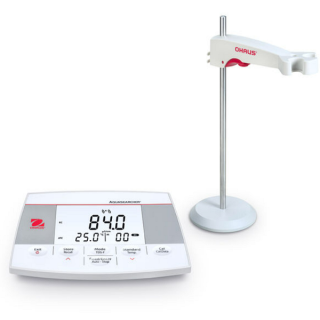
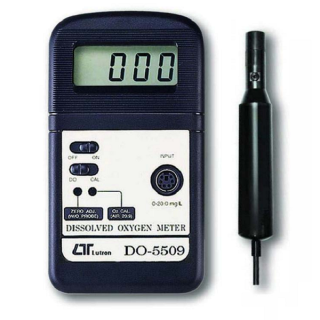
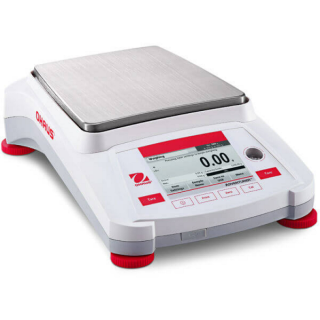
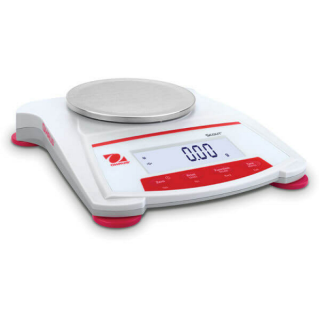
Reviews
There are no reviews yet.